In the sport of table tennis, which is considered a national game in China, the outstanding performances of Chinese athletes have long been the focus of global attention. With the rise of WTT (World Table Tennis), some lesser-known behind-the-scenes stories are gradually coming to light. Recently, the news that "WTT has only four long-term sponsors, all of which come from China" has become a hot topic, sparking extensive discussions.
WTT, which sounds like a prestigious event operation organization, actually has four "big daddy" sponsors from China standing behind it. They are Shuijingfang, Yili Olympic Floor, Baiseshan, and Agricultural Bank of China. These enterprises not only hold significant positions in their respective fields but are also the important pillars that enable WTT to continue operating.
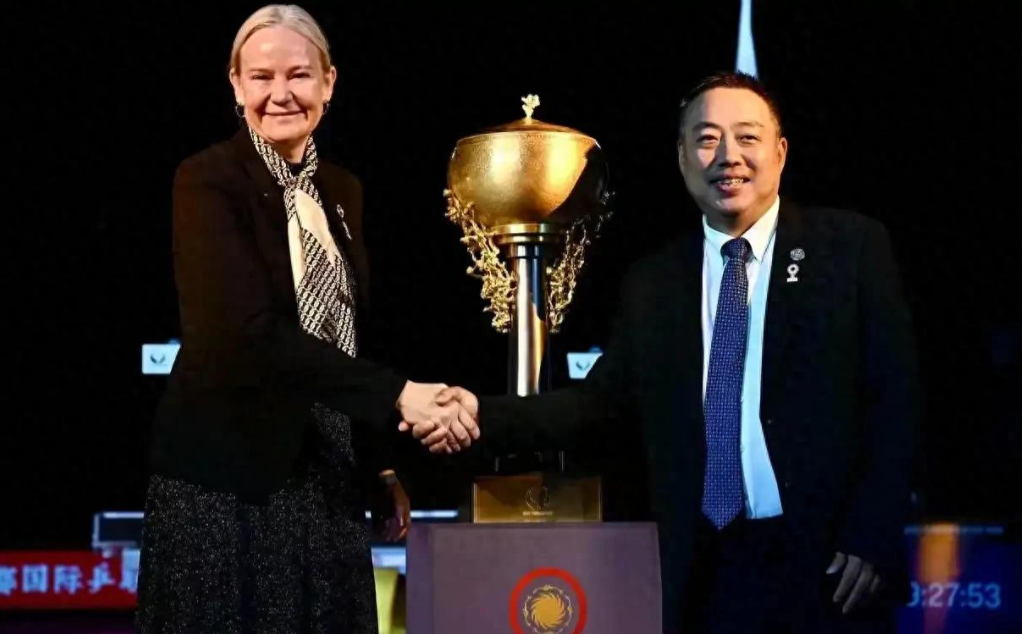
Shuijingfang: As a representative of high-end Chinese liquor, Shuijingfang's brand influence is self-evident. Its sponsorship of WTT undoubtedly adds a touch of Chinese cultural charm to this international event.
Yili Olympic Floor: As a professional sports flooring brand, Yili Olympic Floor provides high-quality competition venues for WTT events. Athletes sweat on such venues, indirectly promoting the brand as well.

Baiseshan: As a leading brand in the drinking water industry, Baiseshan has won the trust of consumers with its excellent quality. Sponsoring WTT is not only support for the health of athletes but also part of the brand's internationalization strategy.
Agricultural Bank of China: As a state-owned large commercial bank, Agricultural Bank of China has extensive influence in the field of financial services. Its sponsorship of WTT not only reflects concern for the sports industry but also demonstrates the undertaking of corporate social responsibility.
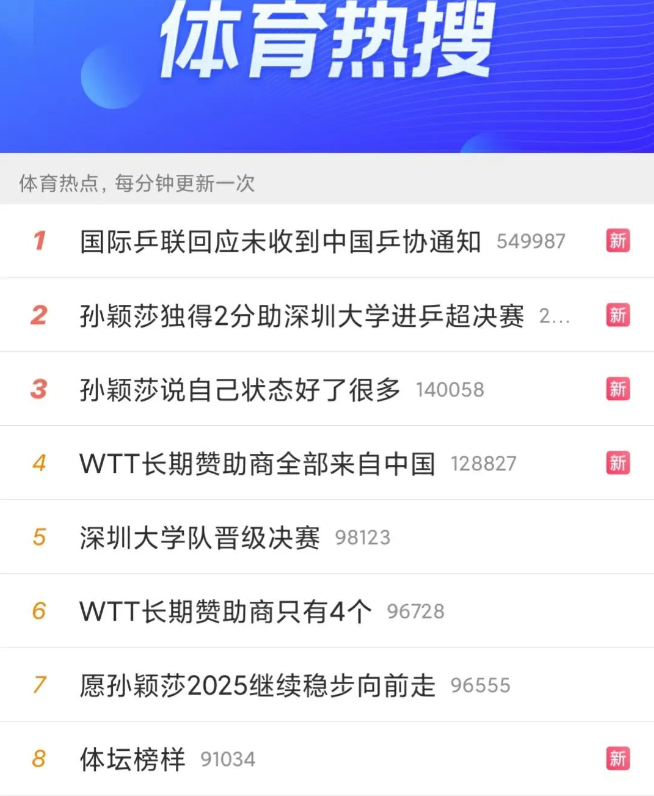
However, it is precisely these Chinese sponsors that have become the focus of netizens' doubts about WTT.
Fan Zhendong, a top player in the Chinese table tennis world, has won the affection of countless fans with his excellent skills and modest character. However, recently, the news that he was forced to withdraw from the world rankings has angered and puzzled many netizens. And all of this is related to certain practices of WTT.
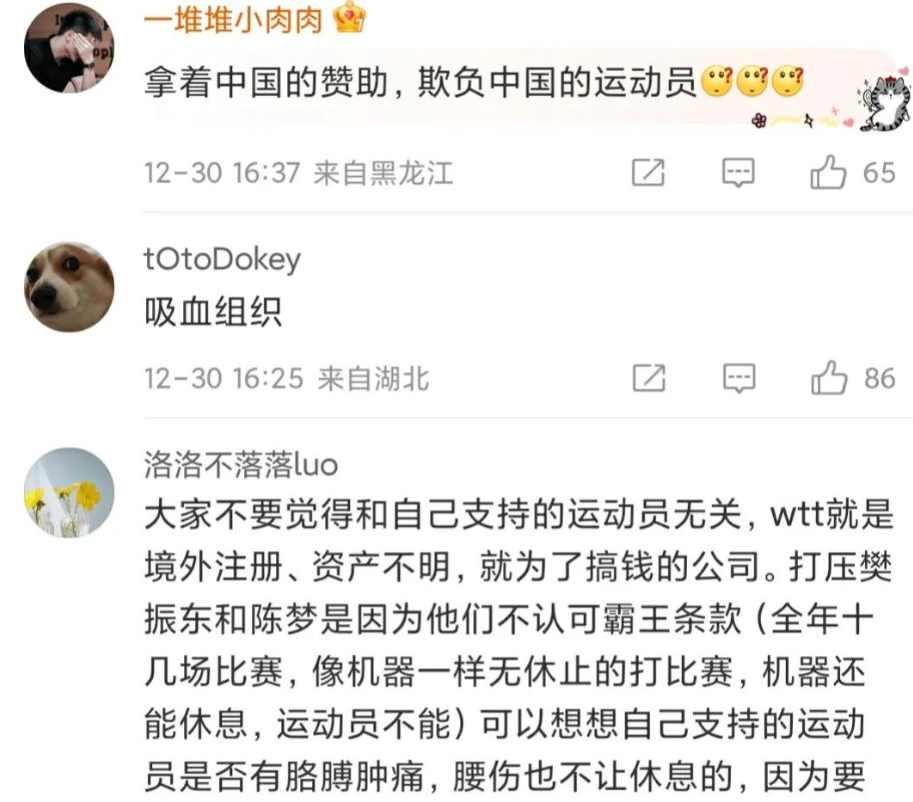
According to netizen revelations, WTT has many problems in terms of scheduling and prize money distribution. Especially in its attitude towards Chinese athletes, it has made fans feel cold-hearted. Fan Zhendong being forced to withdraw from the world rankings is just the tip of the iceberg. The deeper reason behind it is WTT's unfair treatment of Chinese athletes in its commercial operations.
The doubts of netizens are not groundless. WTT, as a sports event operation company controlled by the upper echelons of the International Table Tennis Federation, has its board chairman as Liu Guoliang, a legendary figure in the Chinese table tennis world. However, even with such an expert at the helm, WTT still seems to be struggling in its commercial operations.
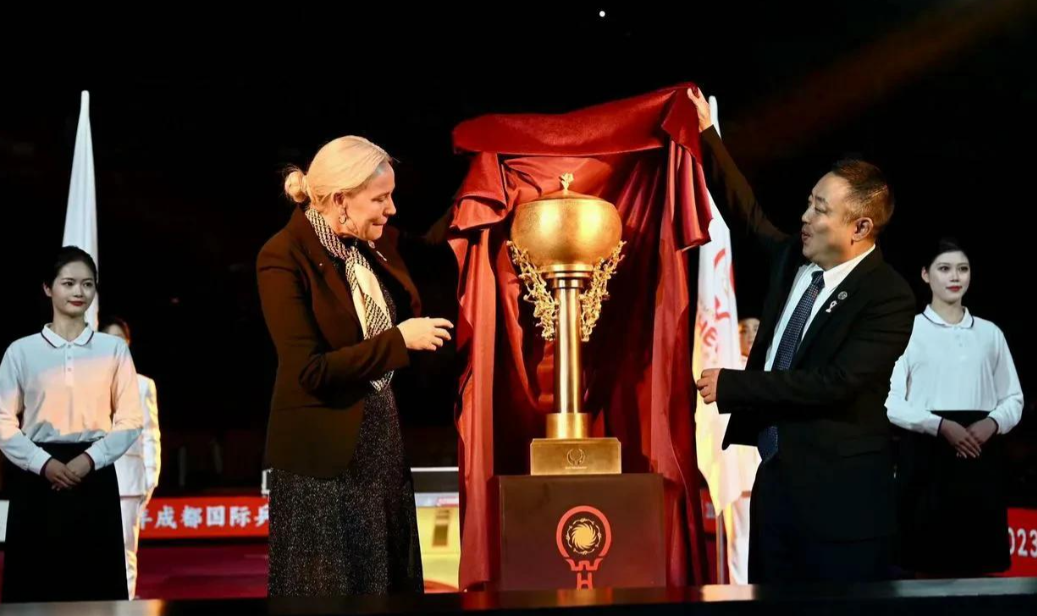
The establishment of WTT aims to promote the professionalization and commercialization of table tennis. However, judging from the current operational situation, WTT still has a long way to go.
Firstly, WTT is not adept at commercial operations. Although it has strong support from Chinese sponsors, WTT still needs improvement in event promotion, brand building, and other aspects. Especially in prize money distribution, WTT appears too stingy. Taking the Beijing Grand Slam event as an example, although ticket revenue reached as high as 60 million, the event prize money was only 14 million. Such a ratio clearly does not satisfy the athletes.
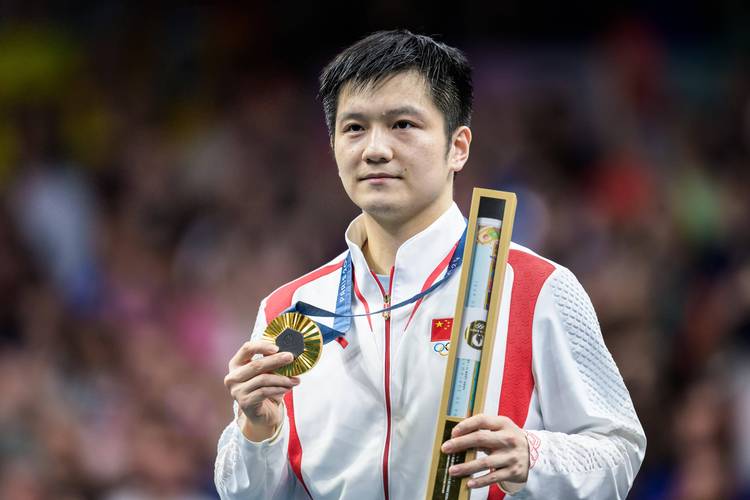
Secondly, WTT also has many problems in scheduling. In order to increase the appeal and commercial value of the event, WTT is not afraid to sacrifice the rest time and physical health of the athletes. The dense schedule and mandatory participation rules make the athletes overwhelmed. Especially for those top athletes who have already achieved certain results, it is even more unbearable.
Netizens' complaints and doubts about WTT mainly focus on the following aspects:
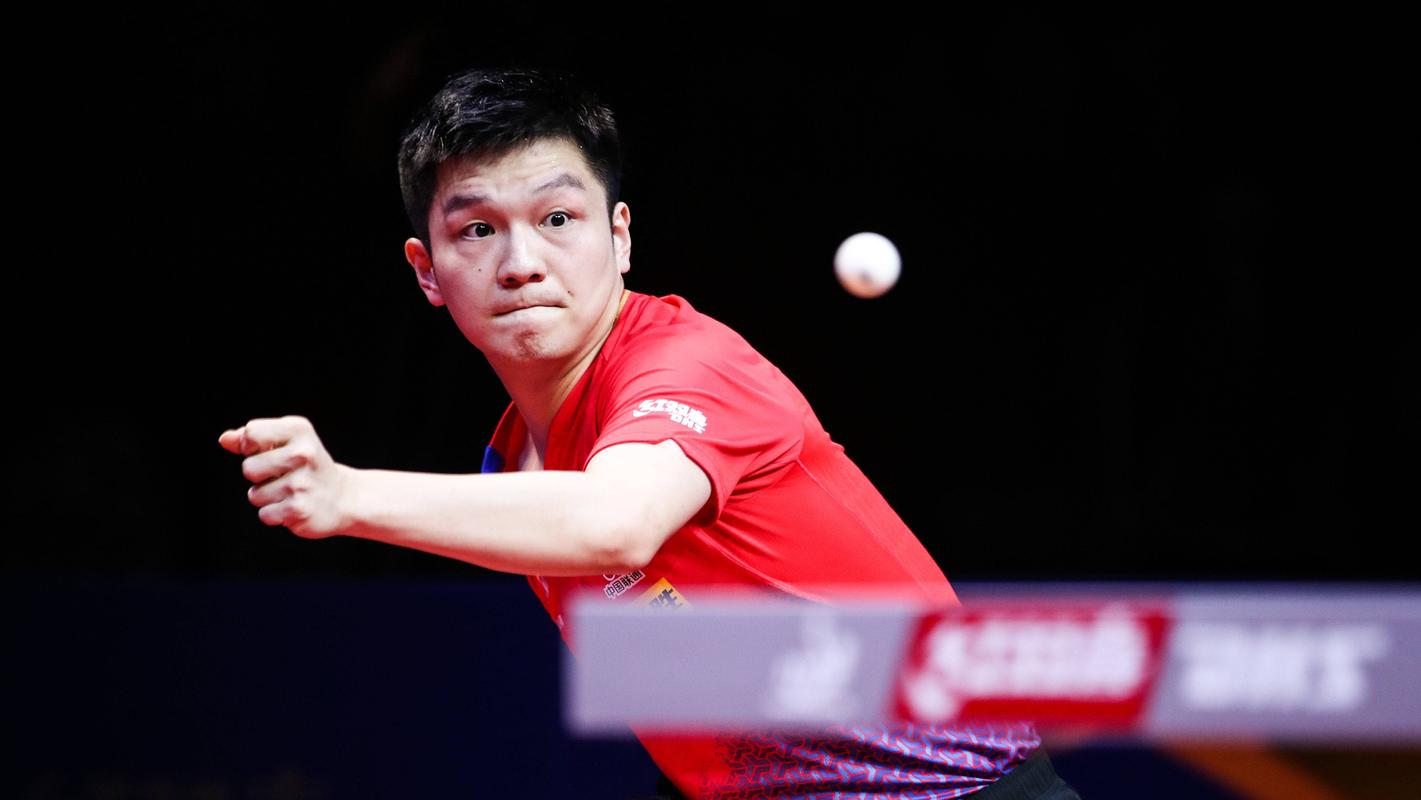
Lack of Financial Transparency: The financial status of WTT has always been a mystery. Although it has strong sponsor support, WTT's use and allocation of funds remain very mysterious. This not only makes the sponsors dissatisfied but also causes fans to question WTT's credibility.
Exploitation of Athletes: In its commercial operations, WTT's exploitation of athletes is particularly evident. Not only is the schedule dense and the prize money low, but there are also arbitrary rule changes and mandatory participation issues. These practices not only harm the physical health and competitive state of the athletes but also make them lose confidence in WTT.

Advertising Chaos: In the Beijing Grand Slam event, netizens discovered that WTT actually advertised for a gambling company on its floor mats. Such practices not only violate the spirit of sports but also damage the image and reputation of WTT.
Facing the doubts and complaints of netizens, it is time for WTT to conduct a profound reflection. As a sports event operation company, WTT should not only pursue the maximization of commercial interests but also pay attention to the physical and mental health and competitive state of the athletes. Only by truly humanizing operations can it win the trust and support of athletes and fans.
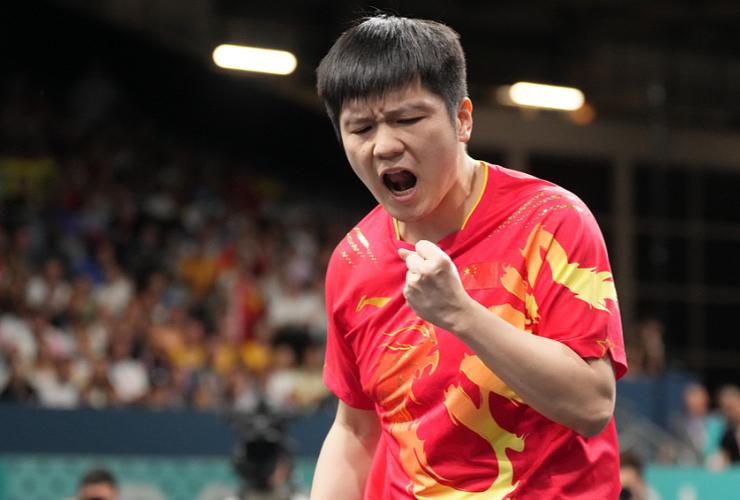
WTT should strengthen financial management and transparency construction. Regularly publish financial status and fund usage to allow sponsors and fans to have a clearer understanding of WTT's operations. At the same time, it should also strengthen the review and management of advertising cooperation to avoid similar chaos like gambling company advertisements from happening again.
WTT should optimize scheduling and prize money distribution. While ensuring the appeal and commercial value of the event, it should also fully consider the rest time and physical health of the athletes. Appropriately reduce the density of the schedule and raise the level of prize money to give athletes more motivation and enthusiasm to participate in competitions.
WTT should also strengthen communication and interaction with athletes and fans. Listen to their voices and opinions and respond to their concerns and needs in a timely manner. Only in this way can true trust and tacit understanding be established, continuously promoting the professionalization and commercialization process of table tennis forward.
As a platform for the professionalization and commercialization of table tennis, WTT shoulders the important mission of promoting the development of this sport. While pursuing commercial interests, WTT must not ignore the attention and care for athletes and fans. Only by truly humanizing operations can it win more trust and support, pushing table tennis towards a more brilliant future.